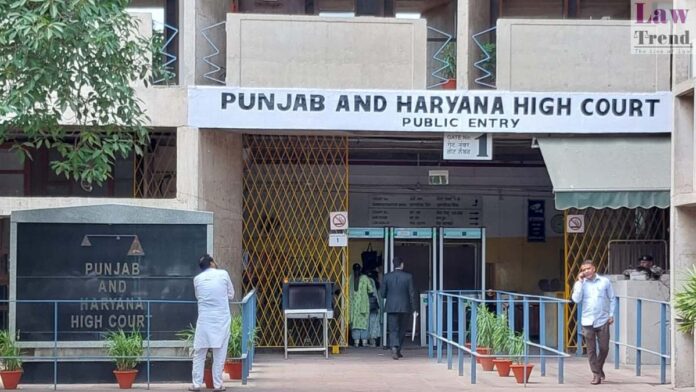In a significant ruling that balances the fundamental rights of individuals against the stringent provisions of the Unlawful Activities (Prevention) Act (UAPA), the Punjab and Haryana High Court dismissed the appeal for interim bail filed by Baljit Singh. The court, comprising Justice Sureshwar Thakur and Justice Kuldeep Tiwari, held that delays in obtaining prosecution sanctions
To Read More Please Subscribe to VIP Membership for Unlimited Access to All the Articles, Download Available Copies of Judgments/Order, Acess to Central/State Bare Acts, Advertisement Free Content, Access to More than 4000 Legal Drafts( Readymade Editable Formats of Suits, Petitions, Writs, Legal Notices, Divorce Petitions, 138 Notices, Bail Applications etc.) in Hindi and English.




